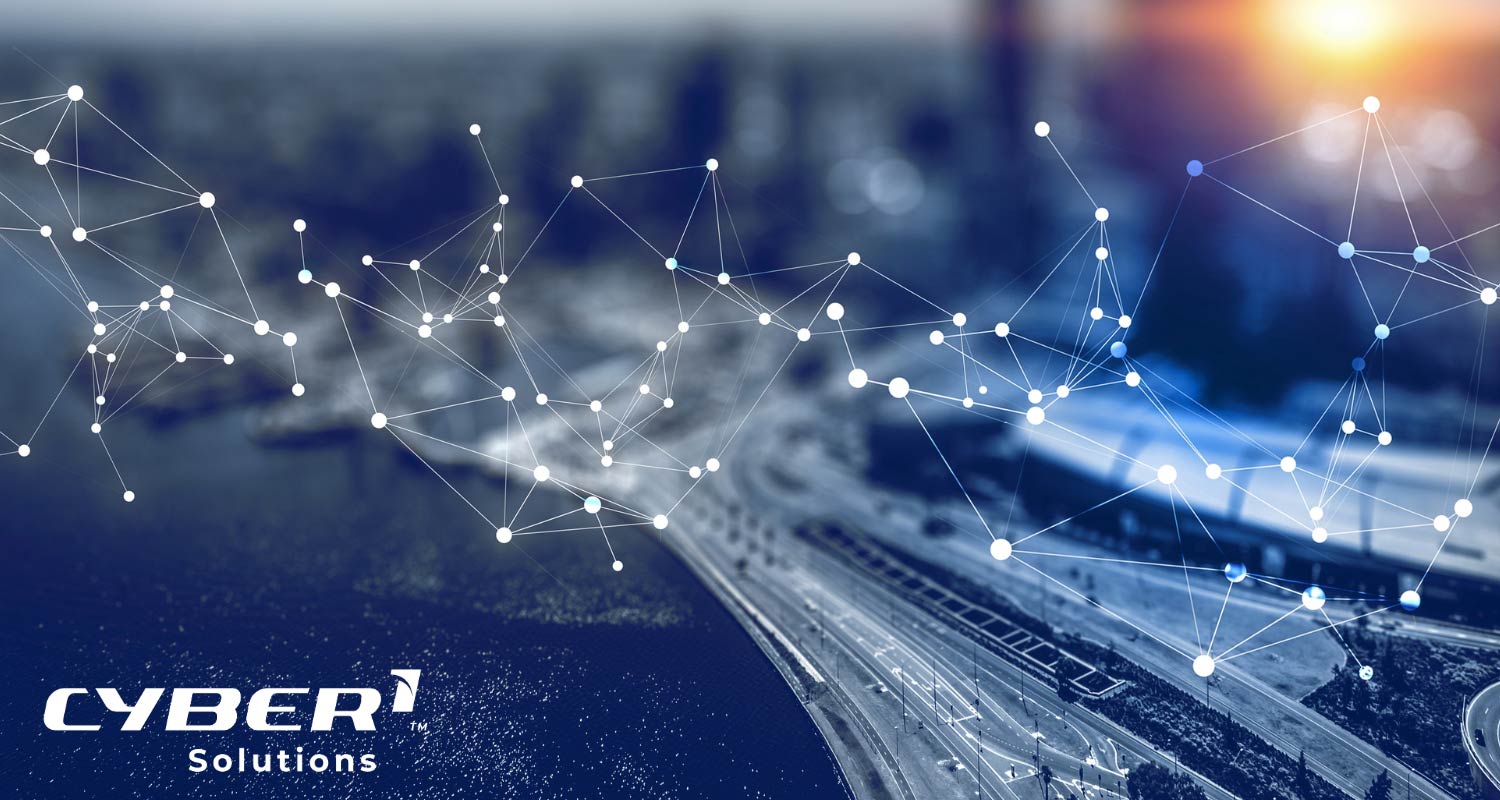
Today’s evolving cybersecurity landscape presents organisations in Southern Africa with unique challenges and opportunities. A diverse technology landscape, varying levels of digital infrastructure and a growing reliance on the digital economy characterise the region.
Moreover, as businesses increasingly rely on technology to drive growth and innovation, they become more susceptible to cyber threats. At the same time, the region faces a significant skills gap in the cybersecurity workforce, exacerbating vulnerabilities and highlighting the critical need for more robust cybersecurity strategies.
Insufficient capabilities
Over and above the skills and digital reliance challenges Southern Africa faces, businesses are affected due to insufficient capabilities, investments and even simple general knowledge of the risks introduced through digital transformation. Companies are too busy focusing on going to market and profitability. Only later do cyber risks get tabled due to losses or fraud.
In 2024, businesses in Southern Africa can anticipate an uptick in cyberattacks, including ransomware, supply-chain attacks and advanced persistent threats (APTs). These attacks can have devastating consequences, ranging from financial losses to reputational damage. The impact on businesses can be catastrophic, meaning having robust cybersecurity strategies in place has never been more critical.
We have already seen through the Information Regulator that organisational data breaches increase by over 100% yearly.
The business value of robust cybersecurity
Effective cybersecurity is not merely a defensive measure but a strategic asset that directly contributes to an organisation’s business value. A well-managed cybersecurity strategy safeguards the organisation’s reputation, customer trust and intellectual property. It also ensures compliance with regulatory standards, protecting against costly fines and legal ramifications.
Furthermore, a robust cybersecurity posture minimises downtime, enhances operational efficiency and saves resources. In a world where cyber threats are a constant presence, the business value of cybersecurity extends beyond financial considerations and aligns with broader strategic goals.
Understanding AI in cybersecurity
Artificial intelligence has revolutionised the way we approach cybersecurity. Unlike traditional methods that depend on signature-based detection or predefined rules, AI uses machine learning algorithms to analyse vast amounts of data in real time. This enables proactive threat detection, behaviour analysis and rapid response to emerging threats.
AI is particularly effective at identifying patterns indicative of potential threats, even those never seen before. It can autonomously adapt and learn from previous experiences, making it invaluable in protecting against evolving cyber threats.
There is one caveat, though: AI is only effective if the underlying IT exposures are remediated. If not, the minute AI is removed from the environment, the preventative capabilities leave it, reintroducing hundreds if not thousands of exposures. Clients do not consider this when removing a “bleeding” capability from their environments.
Mesh network architecture and Zero Trust
Mesh network architecture and Zero Trust methodologies are gaining popularity on the Gartner hype cycle, driven by the increasingly disconnected technology landscape. Cybersecurity is always a “catch-up” game, and it seems that no sooner has a business invested in a new defence solution than they are told it is outdated and they need something else.
Innovation in cybersecurity happens rapidly, and unfortunately, in Southern Africa, businesses often rely on a patchwork of legacy systems and cloud services.
Mesh networks address this by creating a flexible and decentralised infrastructure that can withstand disruptions and adapt to changing circumstances. The magic happens in the telemetry this architecture creates and its ability to definitively separate the “bad” from the “good”.
These networks offer redundancy and resilience, ensuring that network connectivity remains intact despite cyberattacks or infrastructure failures. This is particularly key for businesses operating in regions with less reliable connectivity.
 Zero Trust methodologies, on the other hand, challenge the traditional network security paradigm. They assume every user or device is untrusted by default, even within the corporate network. This methodology mandates strict verification and continuous monitoring of all entities, irrespective of location. Zero Trust is especially relevant in a remote work environment, where distributed workforces access corporate resources from various places and devices.
Zero Trust methodologies, on the other hand, challenge the traditional network security paradigm. They assume every user or device is untrusted by default, even within the corporate network. This methodology mandates strict verification and continuous monitoring of all entities, irrespective of location. Zero Trust is especially relevant in a remote work environment, where distributed workforces access corporate resources from various places and devices.
Cloaking networks: the future of cybersecurity
A ground-breaking concept that is gaining attention is the idea of cloaking networks. This technology leverages advanced AI algorithms to make an organisation’s digital assets invisible to potential attackers. If you can’t see it, you can’t hack it.
Cloaking networks employ sophisticated encryption, deception techniques and obfuscation to protect critical assets.
Attackers are lured into decoy environments while the tangible assets remain hidden and secure. This proactive approach shifts the advantage back to defenders, making it exceedingly difficult for attackers to breach an entity’s defences.
Addressing the evolving threat landscape
This year, Southern African businesses must recognise that traditional cybersecurity approaches are no longer sufficient to protect against the evolving threat landscape.
Embracing AI, mesh network architecture, Zero Trust methodologies, and innovative concepts such as cloaking networks are critical in helping them maintain a competitive edge and save money in the long run.
The advantages of AI in cybersecurity are clear: proactive threat detection, rapid response, augmentation of existing skills and adaptability. These qualities provide a crucial advantage over outdated techniques.
However, to maximise the business value of cybersecurity, companies must also consider the broader strategic impact of adequate protection against cyber threats.
By embracing innovative cybersecurity strategies, businesses in Southern Africa can fortify their defences and thrive in an increasingly digital world.
About CYBER1 Solutions
CYBER1 Solutions is a cybersecurity specialist operating in Europe, the Middle East and Africa. Our solutions deliver information security; IT risk management; fraud detection; governance and compliance; and a full range of managed services. We also provide bespoke security services across the spectrum, with a portfolio that ranges from the formulation of our customers’ security strategies to the daily operation of endpoint security solutions. To do this, we partner with world-leading security vendors to deliver cutting-edge technologies augmented by our wide range of professional services.
Our services enable organisations in every sector to prevent attacks by providing the visibility into vulnerabilities they need to rapidly detect compromises, respond to breaches, and stop attacks before they become an issue. Click here for more information.
- Read more articles by CYBER1 Solutions on TechCentral
- This promoted content was paid for by the the party concerned




